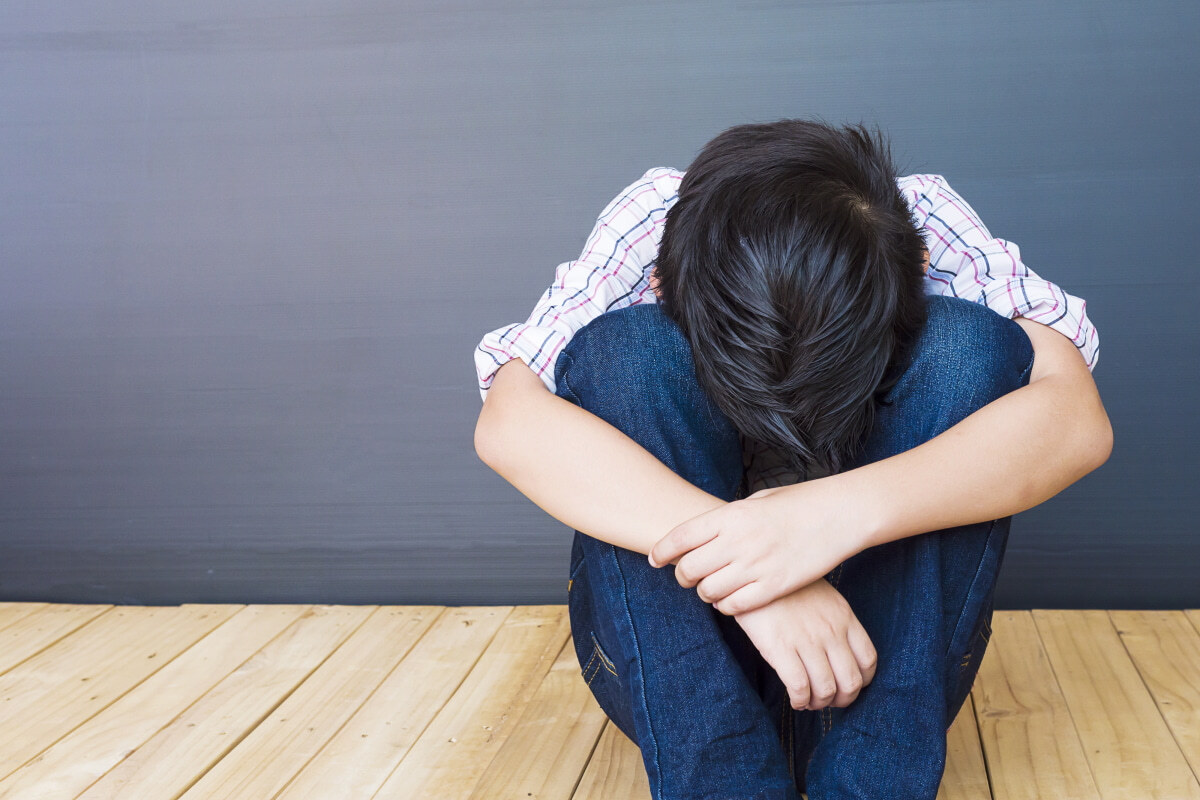Signs of Depression and Anxiety in Children
How to notice if there is a problem?
Depression and anxiety can affect anyone, even children. It is useful to be able to recognise the symptoms so your child can receive early help and to ensure that the problem does not escalate.
Symptoms of depression and anxiety manifest themselves differently in children, especially very young children (ages 3-10) compared to teenagers or adults. Children may be more irritable and rebellious than sad. Additionally, they may not be able to express in words how they are feeling because of their age. They may deny that they have a problem or 'put on a happy face' because they are concerned that people will think there is something wrong with them and they do not understand what is going on for them.
The signs and symptoms listed in this article may help you identify whether your child could be affected by either of these conditions. This article is not intended to serve as a diagnostic tool; for professional help, please contact your GP or a counsellor. Nothing can substitute seeking out professional help.

Potential signs of Depression and Anxiety in Children (Aged 10 or Below)
One or two of the following signs of depression may be just part of growing up. However, if a child or teenager has had several of them over the past few months and it’s making it hard for them to do everyday things (like study or socialise), depression is a possibility. However, it’s important to consider other causes too.
- ’Bad behaviour’ – kicking, hitting, biting, spitting
- Frequent tantrums, extreme displays of anger or distress
- Pronounced sibling rivalry – showing signs of jealousy at a younger or older sibling, hitting them etc..
- Timidity or shyness around people – adults, children or both
- Sleep problems – waking up frequently, bedwetting (if this begins suddenly or returns)
- Changes in appetite or food preferences
- Phobias – fear of the dark, fear of certain animals etc..
- Excessive worrying about others’ wellbeing (typically, the parents’)
- Separation anxiety – the child does not want to be separated from the parent, for example at school
- Very serious and grown-up behaviour, behaving like a ’little adult’
- Very strong desire to please adults and be a ’good girl’ or ’good boy’
- Loss of interest in playing and other leisure activities
- Concentration problems, loss of motivation at school
- School refusal
What to do if you think your child may be affected?
Potential solutions may include:
- Seeking one-to-one counselling with a professionally trained child counsellor / child therapist
- Seeking out family-therapy with a trained family therapist
- Making an appointment with your GP to discuss your concerns
- Making an appointment with the school’s guidance counsellor, if there is one
Not sure about the difference between child therapy and family therapy or which one to choose? Read about the pros and cons of these approaches in FAQ section.